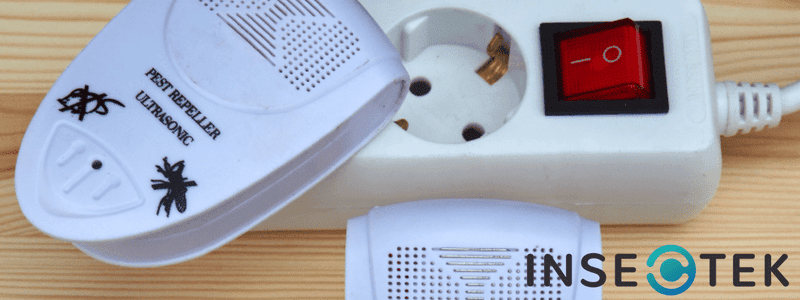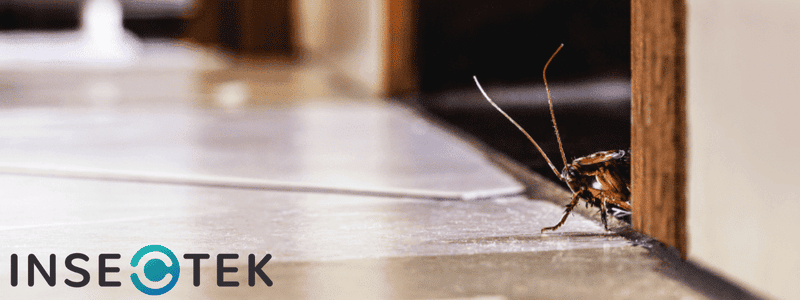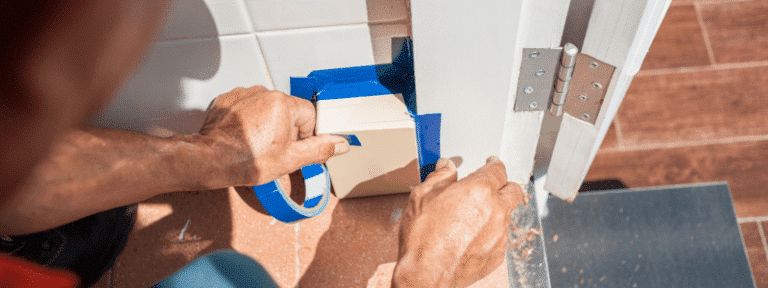Electronic Pest Control, also known as ultrasonic pest repeller, is a technology that was popular in the past and still has some merit today. While it may not always be as effective as professional pest control services, we’ll go over how electronic pest control works, as well as its pros and cons.
In this blog, we’ll look at the following:
- What is electronic pest control?
- How do ultrasonic pest repellers work?
- What pests does electronic pest control work on?
- The best type of pest control for your home
What is Electronic Pest Control?
Electronic Pest Control is typically referring to ultrasonic or radio wave pest control devices. These devices have proven to be effective on certain pests in specific situations, but they are not a cure-all by any means. Because the technology is not regulated by the Federal Insecticide, Fungicide, and Rodenticide Act, the EPA does not require the same stringent testing and regulation that chemical pest control services are subject to.
As a result, there is more likely to be trial-and-error for properties and different types of pests, and if you can stick with traditional pest control services, it may be more likely to be effective both short-term and long-term.
Read More: Don’t forget to read our Homeowners Complete Pest Control Guide
How Do Ultrasonic Pest Repellers Work?

If you’re wondering, ‘How does electronic pest control work?’ you’re not alone – we get that question often. It’s a bit of an unconventional technology, but it can have a place once you understand its function.
Electronic pest repellent uses the aforementioned ultrasonic or radio waves to repel rodents or insects via high-frequency sound that is too high-pitched for the human ear to hear.
Theoretically, these sounds will have an adverse effect on many small home invaders and drive them away from your home. The goal of using sonic pest control devices is to avoid chemical treatment or anything else that could be harmful to a property or its inhabitants.
However, there’s a caveat – the best professional pest control treatments are not typically harmful to humans, animals, or properties. If you are working with a reputable company, they should be using approved treatments that are safe for humans and pets alike. Thus, you should be focusing on efficacy in treatments, whether ultrasonic or otherwise.
What Pests Does Electronic Pest Control Work On?
One of the biggest problems with DIY pest control – and especially electronic pest control systems – is that they are not strictly tested and regulated. Thus, while there are some claims about their efficacy, it may be hit-or-miss depending on your region, types of pests, and home setup. Manufacturers of plug-in pest control claim that it works on:
- Cockroaches
- Mosquitos
- Flies
- Fleas and Ticks
- Birds
- Rats and Mice
They also claim that it will work on a wide array of undefined smaller insects, rodents, and even reptiles in desert settings. We are not here to determine whether or not these claims are true; they very well could be effective on certain pests. However, it is not a guarantee and may cause you to waste time and money while stressing even further about your persisting pest infestation.
The Best Type of Pest Control for Your Home

In order to get the most effective pest control for your home, we recommend working with a local pest control service in neighborhood communities that offers diverse treatments.
Most pest-control treatments are quick, safe for your family, and will last for much longer periods of time than generic DIY fixes. This is especially true when you hire a licensed technician who is familiar with your region and its specific pests. In fact, consistent check-ups and preventative pest control are one of the most effective methods for keeping your home pest-free.
While ultrasonic or electronic pest control might be viable in a very specific setting, there is a reason why it is not more prevalent. Your knowledge of pests would have to be at a professional level for you to accurately assess the root of the problem and know if the infestation was being treated properly by the electronic solution.
Instead of playing a guessing game, we recommend developing a rapport with a trusted professional – it will save you time, money, and stress in the long run. If you do, your home will be less susceptible to unwanted intruders.







